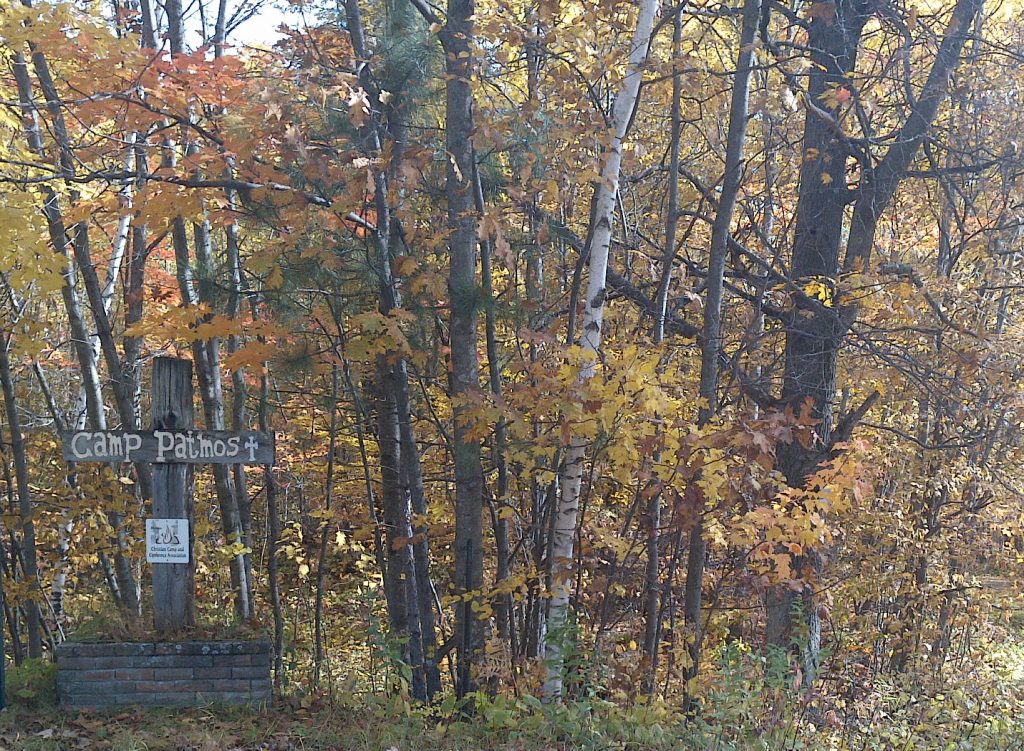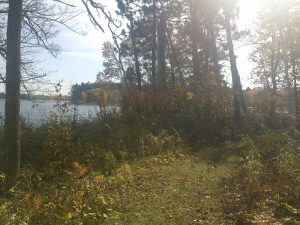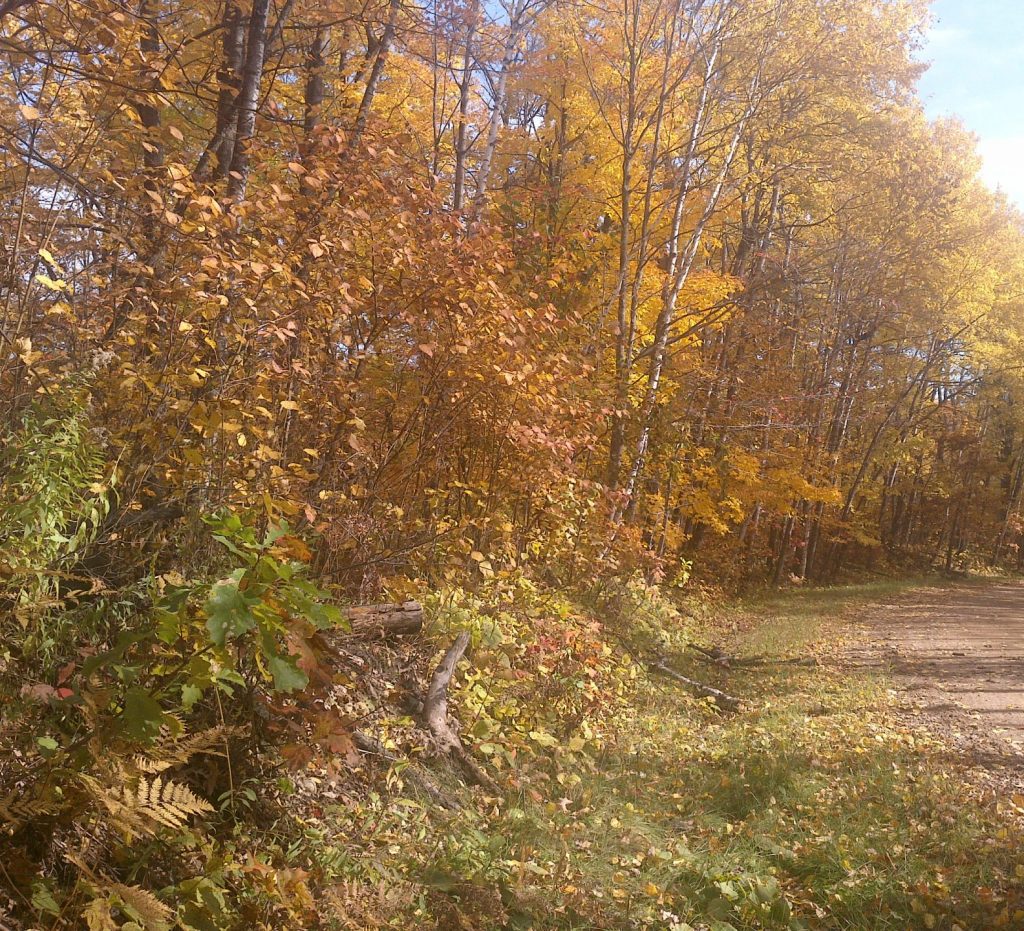The Leech Lake area has seen increased development in the past few years as families seek a high-quality rural living experience. That increased development at times has come at the expense of Minnesota’s remaining natural lands and clean waters. Local families and landowners, however, have stepped up to protect the places that matter most, working with the Minnesota Land Trust and local partners to preserve their natural lands. Recently, Camp Patmos located on the pristine shores of Stony Lake, worked with the Minnesota Land Trust to protect part of their camp forever with a conservation easement.
Protecting the property was in many ways an extension of the values of Camp Patmos and Trinity Lutheran Church of Minnehaha Falls. The church established Camp Patmos in 1965 with a goal of providing an inspiring outdoor setting for the ministry to transform lives through faith, fellowship, and service. Since those humble beginnings, the camp has grown, thanks to the efforts of volunteers and church members who devoted themselves to improving the facilities for campers. And the impact has been undeniable.
 “The real benefits for protecting these acres goes beyond what it will do for the natural environment. It allows us to continue to see lives changed as the camp continues to move forward.” said Dale Temte, past camper, volunteer, and board member.
“The real benefits for protecting these acres goes beyond what it will do for the natural environment. It allows us to continue to see lives changed as the camp continues to move forward.” said Dale Temte, past camper, volunteer, and board member.
Herald Johnson, Board President agrees. “All four of my children were campers up there, now with families of their own, and to this day it’s a real revered part of their memory and who they are as people. When we have Confirmation Sunday at Trinity, almost every confirmand gets up and talks about how important Camp Patmos was to them.”
The importance of Camp Patmos led the Church to work with the Minnesota Land Trust to protect 44 acres of natural land and over 2,400 feet of shoreline on Stony Lake in perpetuity with a conservation easement.

Protecting important habitat
Located in the Leech Lake River watershed, the low-lying wetland parts of the Camp play an outsized importance for the health of Stony Lake and the broader watershed. The lake has been identified as being of high biological significance, and the property and lake are home to a number of important species, including common loon, bald eagle, and veery.
“Protecting this property is very important to the overall health of water quality in the area, and eventually the Mississippi River and downstream communities,” said Ruurd Schoolderman, program manager at the Minnesota Land Trust who worked closely with Camp Patmos on this project. “The Minnesota DNR identified this particular stretch of shoreline as one of the most fragile and at-risk of Stony Lake, so it was a high priority for the Land Trust to ensure it is protected in perpetuity.”

“Working with private individuals and organizations is the best way for us to protect these important natural assets, while still ensuring whoever owns the land in the future can continue to use and enjoy it,” added Kris Larson, executive director of the Minnesota Land Trust. “By working with the Land Trust, this land will stay in private hands and Camp Patmos will continue to manage and help heal the land for years to come.”
“It was pretty important to us that the values we had were totally in sync with the values of the Land Trust,” said Temte. “This was a long process, but this was consistent with our values and will have long term benefits for us. That sort of thing takes time.”
And now, thanks to the generosity of the Church, those values — and the land that reinforces them — will be preserved forever.
Program information
The Minnesota Land Trust works with local landowners and partners to protect the habitat and water quality of the Central Lakes region of Minnesota. Interested landowners can apply for opportunities in their area at www.mnland.org/centrallakes.

 This permanent conservation easement was made possible by the supporters of the Minnesota Land Trust, with funding from the Outdoor Heritage Fund, as appropriated by the Minnesota State Legislature and recommended by the Lessard-Sams Outdoor Heritage Council (LSOHC). Thank you to the Northern Waters Land Trust, and most of all to Camp Patmos and Trinity Lutheran Church of Minnehaha Falls for protecting this unique property forever!
This permanent conservation easement was made possible by the supporters of the Minnesota Land Trust, with funding from the Outdoor Heritage Fund, as appropriated by the Minnesota State Legislature and recommended by the Lessard-Sams Outdoor Heritage Council (LSOHC). Thank you to the Northern Waters Land Trust, and most of all to Camp Patmos and Trinity Lutheran Church of Minnehaha Falls for protecting this unique property forever!



